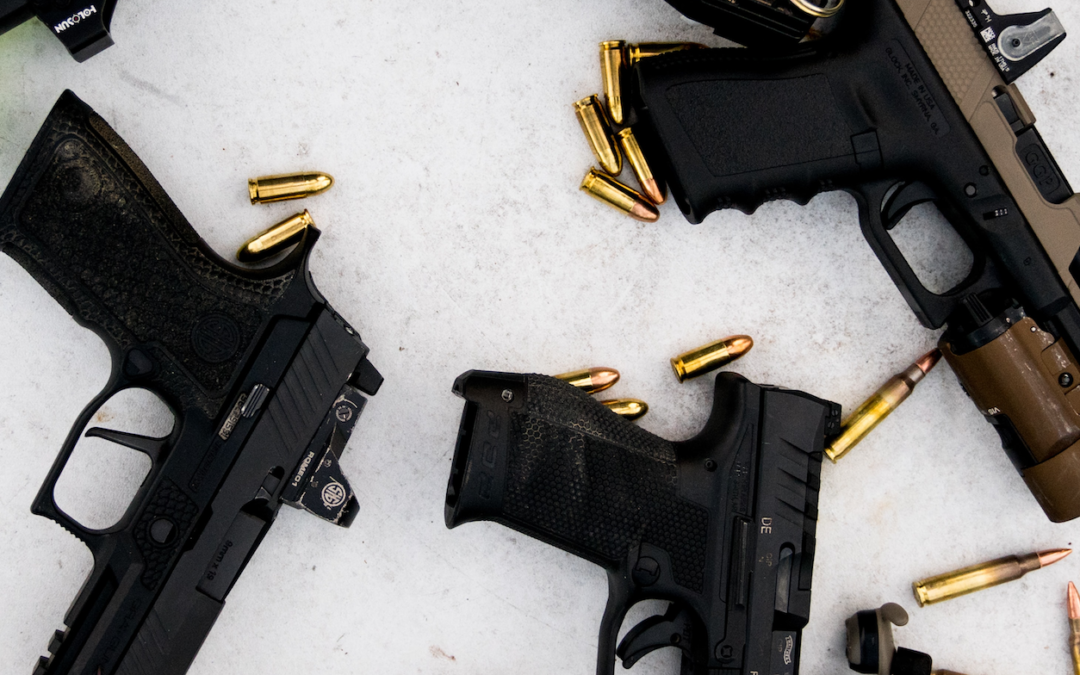Now that people know I’ve experienced a loss, they seek me out, since I have a platform to share my message of safety. Tony Switzer, the author of the story below, is a veteran and has been a volunteer for my organization.
His message is simple: Don’t carry loaded firearms in a bag and don’t load firearms you don’t intend to use.
Like my son Jon, the boy in the story died of an accidental shooting. It’s a reminder that we can all contribute to a safer home and safer community. Tony, thank you for sharing.
A Bag of Guns
by Tony Switzer
Some years ago, I worked for a sheriff’s office in Texas; not as a cop, but as part of the Victim Services Unit. While the deputies gathered evidence and pursued bad guys, we went to crime scenes and paid attention to the needs of crime victims. We also went to other situations that were not crimes, such as fatal car wrecks, natural deaths, and suicides.
In six years of working victim services, I attended in about two dozen suicides. All but one of them was by gun. This is the story of the one that affected me most.
One July afternoon I was paged to an address and told only that it was a suicide. When I arrived, a deputy briefed me. A 14-year-old boy had shot himself in an upstairs bedroom. The boy died instantly and he was then found by his identical twin brother. The family was visiting from California and had just arrived minutes before.
The deputy explained that after the celebratory hugs and greetings, the stepfather of the travelers started carrying in luggage and belongings. Among other things he carried what he called a “bag of guns,” which he left in the upstairs hallway before returning for another load of luggage. The fatal event happened moments later.
My job was to speak to, console, and respond to any request from the family members—mom, stepdad, grandmother, and the surviving twin. The adults were occupied giving statements to the deputies and detectives. The 14-year-old twin was slumped against the garage smoking a cigarette, stunned with a faraway look in his eyes. I quietly sat down near him and after a few moments introduced myself and offered condolences. He said nothing; didn’t look at me. Over the next 20-30 minutes we sat there. I don’t think he said a word. I said little, leaving lengthy pauses in between. Eventually I had to move on to the others. I left my card on the ground beside him, telling him he could call me as needed.
Next, I found stepdad wandering around in the house. He too looked stunned and faraway and spoke with limited coherence. The twin’s mother was red-eyed, bedraggled, and a touch frantic. She fretted about the need to call the boy’s father in a nearby town. She feared his reaction and his blame. I offered to make the call in her stead and she agreed. Before I could do so, I learned that a deputy had already made that call. The father was on his way.
Grandmother was distraught as we sat at the kitchen table. She kept repeating her disbelief. At that point, the medical examiner was prepared to depart with the body. I asked the adults if they wanted to say a prayer or words of goodbye as they wheeled the gurney toward the front door. Mom and grandmother stood near the doorway while stepdad hung back a few steps behind.
When the Medical Examiner departs with the body, it always marks a finality. Not closure of course, but some kind of entry to the next phase of living without the loved one. Sensing that the grieving family probably needed to be alone, I offered to be available to them as needed in the coming days before giving my final condolence.
Shortly after driving off, I received another page to report to a family violence incident on the other side of the county. So, I had an hour’s drive to contemplate “a bag of guns.”



